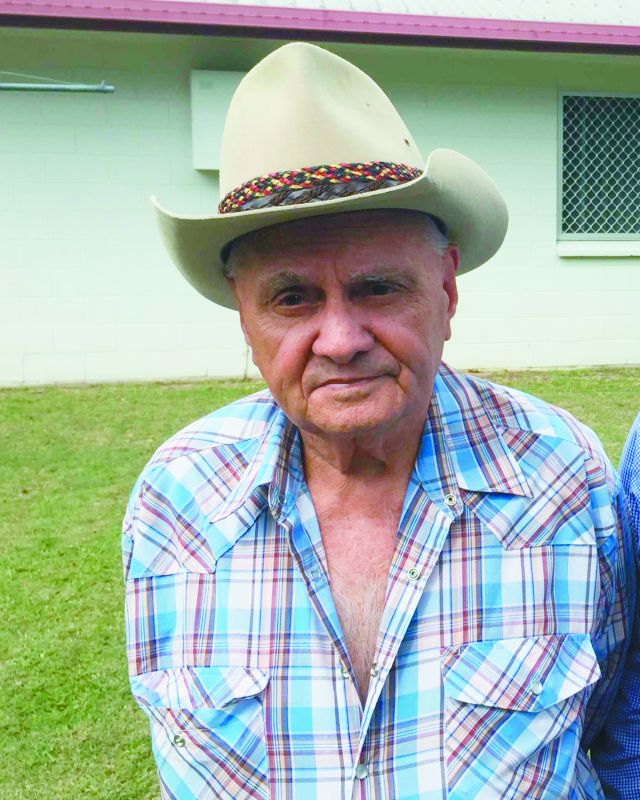
About 300 Aboriginal people have joined a class action filed in the Federal Court on September 12 to recover wages they say were stolen by the Queensland government more than half a century ago.
The claim is for unpaid wages held in government trust accounts under Queensland’s Aboriginal Protection and Preservation Act 1939, which allowed the government to control the earnings of Aboriginal people until 1972. Much of the money was lost or stolen.
Cairns solicitor John Bottoms, who is representing the claimants, said: "It's an action for breach of trust.
“The Queensland government held itself up via its legislation as the protector of Aboriginals, as holding the funds in trust to look after it for them [because] it was said that they couldn't manage on their own.
"We've already got 300 claimants. We're intending to take the matter to court and let the court decide what they're entitled to."
Jan Saddler, a partner with Shine Lawyers who is assisting with the class action, said the government’s conduct around its so-called welfare fund “left thousands of Indigenous people effectively working as slaves because they never received their wages”.
“It’s a story told over and over again about Indigenous Australians who were denied the opportunity to get a leg up in society because of a very harsh and unfair world that they lived in. It’s quite heartbreaking.”
Saddler said she was looking into possible future claims in NSW, WA and the NT, where similar legislation to Queensland’s had existed from the 1890s.
Saddler said there were “very good records” to back the claims in Queensland government archives, including of “various trust accounts that were held, the retention of particular Aboriginal people’s wages, records of particular communities that may have been affected or particular employers who may have been part of this program.”
The Queensland government set up a reparations scheme in 2002 that paid claimants, including the lead claimant, 77-year-old Hans Pearson, between $2000 and $4000 in return for waiving their legal rights.
But Bottoms argues that Pearson was conned into signing up. "We don't think that the discharge and release that he was forced to sign is valid or binding," he said. "We think that the way it was imposed was unconscionable. He was never told what he was actually owed, he was just simply told if he didn't sign this, he'd get nothing.”
Pearson became a drover in far north Queensland at the age of 15. Aboriginal station workers at the time were paid two-thirds of a white worker’s wage. During his first decade of work, Pearson earned about £14 a week: £6 was held by the government and £8 given to him as “pocket money”.
He believes he earned up to £7000 during the 1950s and ’60s and was planning on buying a house in North Queensland for his young family. But, when he went to collect his money, he received a tiny fraction of that amount.
"When the police called me up to the police station, me and the wife went up and he had a cheque waiting for me for £28 pounds," Pearson said. "I said: 'Is this all I'm getting?' and he said: 'Well, that's all you have after 10 years of working'."
Historian Dr Ros Kidd, a consultant to the class action, said there was substantial documentary evidence to support the claim.
"There were internal inquiries, there were investigations and there were audit reports every year and I've got every one of them from 1940 to 1990. Time after time they say this money is going missing and you need for people to see a record of their accounts to stop this type of fraud," she said.
Kidd estimated the actual amount owed to Aboriginal workers was in the region of $500 million.
Last year the Queensland government set up the Stolen Wages Reparations Taskforce led by Mick Gooda. It recommended in its report Reconciling Past Injustice that the $21 million made available by the government to be distributed to Aboriginal claimants be capped at $9200 for each individual. The Queensland government has, to date, paid out $5.8 million to more than 3000 claimants.
Pearson said he hoped the legal action would result in his dream of being able to buy a house, but he expects a fight from the Queensland government.
"We will just keep fighting, they've got the money to fight us, but I hope that justice will be done, that they'll be compassionate with us and just give us what they owe us," he said.
Like the article? Subscribe to Green Left now! You can also like us on Facebook and follow us on Twitter.